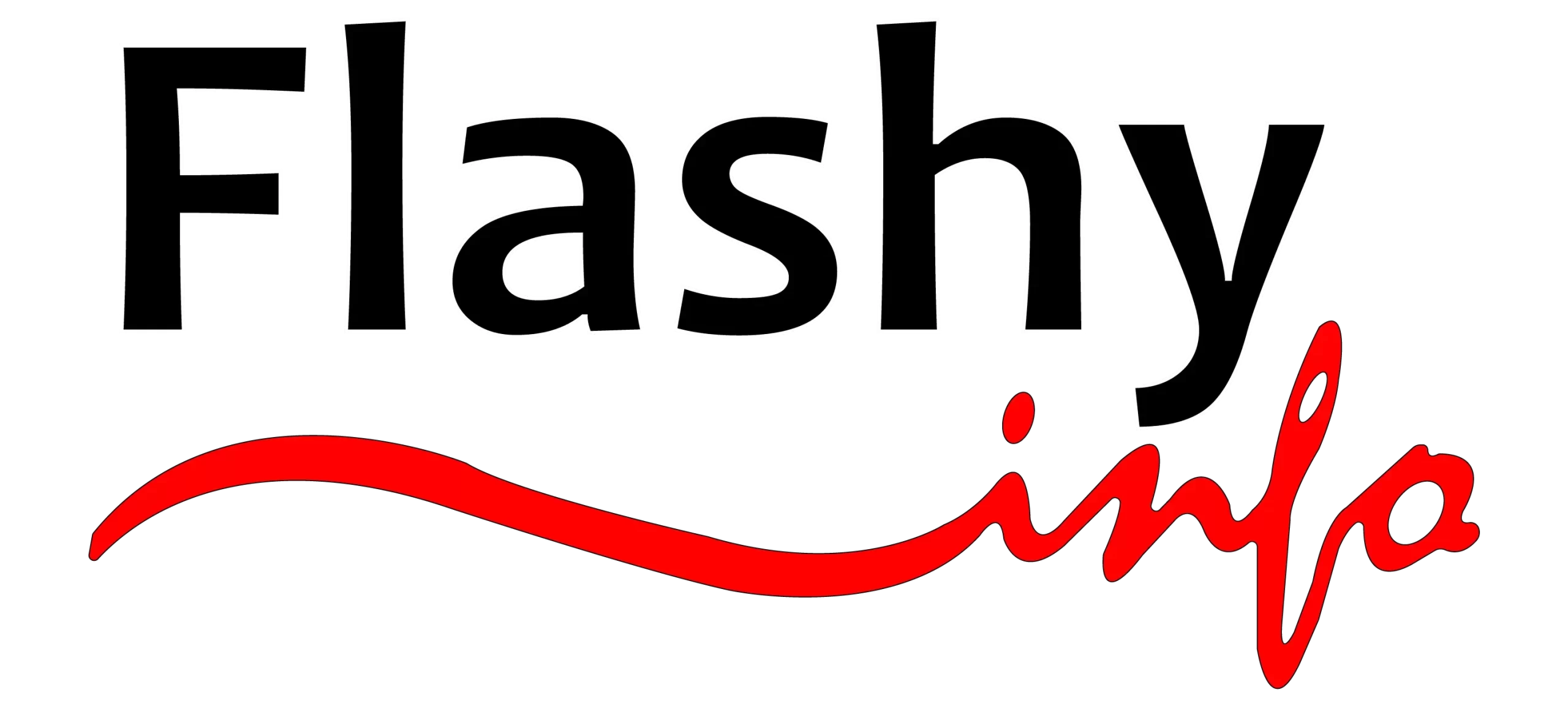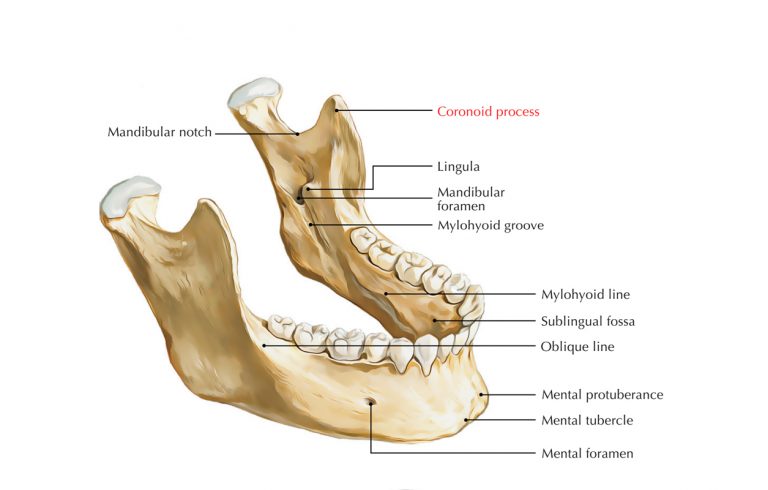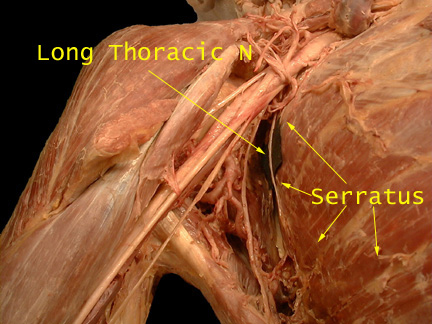7 Signs It May Be Time to Get Braces
Studies show that nine in 10 people have teeth that are slightly misaligned, maloccluded, or crowded. Because these orthodontic disorders are becoming increasingly common, many people need braces or other teeth-straightening treatments to improve their smiles.
Not only will this improve their oral health, but it can also improve their confidence and appearance.
Are you wondering whether or not you or your child need to get braces? Keep reading this article for the top seven signs you should consider getting braces.
1. Visibly Crooked or Crowded Teeth
The most obvious sign that you or your child needs to get braces is if you have visibly crooked or crowded teeth. Often, crooked teeth can cause discomfort and may even make it difficult to chew.
Not only can crooked and crowded teeth affect your appearance, but they can also make it more difficult to keep your teeth clean! This may result in more oral health problems if you don’t get braces.
If your teeth are too close together, they can continue to turn and become more crooked over time. By getting braces, you can expand the space in your mouth and have a straighter smile!
2. Experiencing Jaw Pain
Another common sign that you or your child need to get braces is if you are dealing with frequent jaw pain. People often experience jaw pain if they are dealing with misalignment. When your teeth are misaligned, it places additional pressure on your joints in your lower jaw.
Chewing on misaligned teeth can cause these joints to get worn out or inflamed, which can cause TMJ.
This can also manifest in clicking noises when you bite down or when you chew food. If you have jaw pain, you may also notice problems with neck pain and even migraines.
3. You Have a Poor Bite
Having a poor bite is something else that may require braces to fix. There are many different types of bites, but the easiest way to determine if you have bite issues is if your upper teeth and lower teeth don’t meet together when you bite or chew.
One common bite problem is an underbite. This is a result of your lower jaw extending too far, which causes your lower teeth to extend farther than the upper teeth.
Another common bite issue to look out for is an overbite. This happens when your front teeth extend too far over your lower teeth.
Finally, you may have a crossbite. You may have a crossbite if you have to move your lower jaw toward the front or side of your mouth to be able to close your teeth.
Each of these bite issues can make it difficult to chew and may affect your appearance and facial symmetry.
4. Gaps Between Your Teeth
Next, you may need to get braces if you have visible spaces between your teeth. This can happen if you are missing teeth. Your teeth will naturally shift to fill the spaces and will result in gaps.
Your teeth can also shift if you have small teeth, if you have gum disease, or if you sucked your thumb as a child.
Braces will help you close these gaps in your teeth by pulling them closer together. For children, there is always a chance that their teeth gaps will close as their permanent teeth grow in.
Plus, not all gaps are concerning. Many people only choose to close the gaps in their teeth to improve the aesthetics of their smiles.
5. Difficulty Flossing or Brushing Teeth
As was mentioned before, having crooked or crowded teeth may make it hard to keep your teeth clean. Because of this, you may need to get braces if you have a hard time brushing or flossing your teeth, even if you have a naturally straight smile!
If you are not able to fit floss between your teeth, it can be difficult to remove the food particles and plaque that builds up between your teeth. This may result in more cavities and other oral health problems.
To protect your teeth, it is best to get braces if you have tight teeth.
6. Difficulties With Speech
Something else that may require braces is if you or your child has difficulties with speech. Often, misaligned teeth make it difficult for your tongue to move properly while speaking, which may result in a lisp or other types of speech impediments.
Getting braces will help eliminate these speech problems because it will improve your teeth and jaw alignment. This way, your tongue will be able to connect easily with the roof of your mouth, which is necessary to make many sounds used in our language.
7. Early or Late Loss of Baby Teeth
Finally, you might need braces if you lost your baby teeth earlier or later than the average person. This type of dental delay may impact the way your permanent teeth can come in, which can result in crooked or misaligned teeth.
If you have lost your baby teeth earlier or later than normal or if you need help with teeth straightening, you can find out more about your treatment options by meeting with your local orthodontist.
Do You Need to Get Braces? Find a Local Orthodontist
When you get braces or other types of orthodontic treatment, it can help you improve your oral health and confidence! By recognizing each of these signs, you will be able to tell if you or your child need to get braces.
Do you want to learn more about oral health, the types of braces, and improving your appearance? We can help! Our website features articles on health, personal development, and more!
Check out our website today to learn more about these orthodontic treatments and other ways to improve your health.







